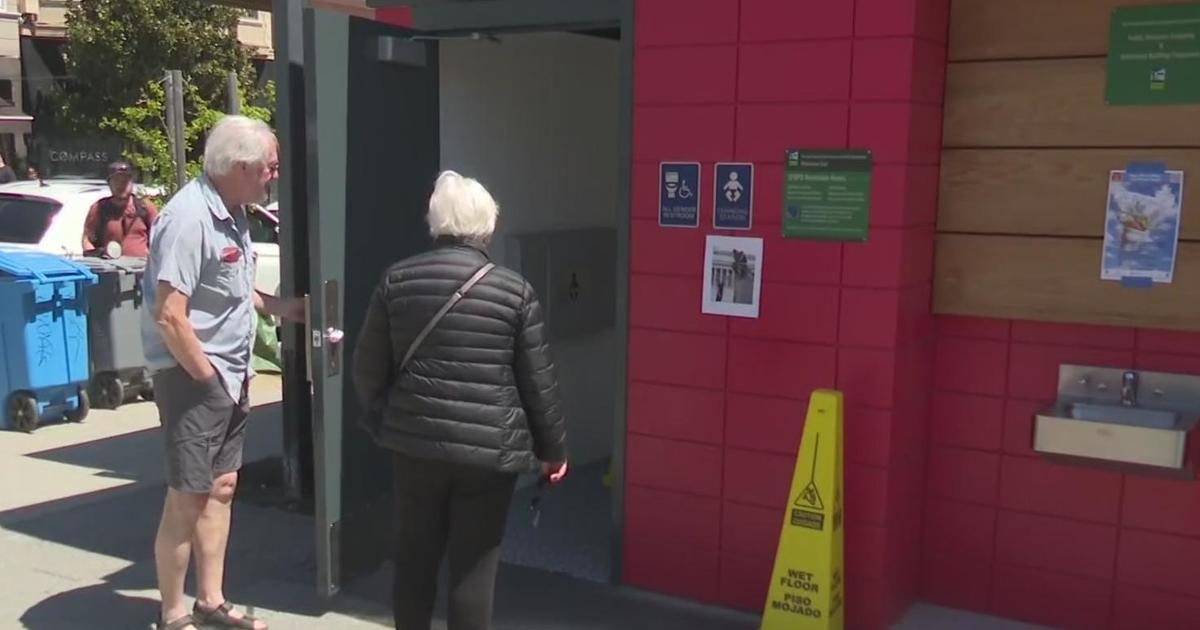COVID-19 Stay-At-Home Orders Will Have Lingering Impact On Public Transit
DUBLIN (CBS SF) -- As the state moves ahead with re-opening plans, Bay Area public transportation agencies say they are still a long way from being out of the woods.
Wednesday night, AC Transit's Board of Directors heard a proposal to reduce service by 20 percent.
BART announced on Tuesday it is asking for another $600 million from the federal government to close a massive budget gap after ridership dropped by 95% during the stay-at-home order. Many other agencies are facing similar struggles.
"We are going to come back. And public transportation is going to be just as important if not more important as we go forward after this crisis," Malcolm A. Heinicke told KPIX 5.
Heinicke was on the SFMTA and MUNI Board of Directors and says every transit agency in the Bay Area is facing a massive budget shortfall.
"These challenges are particularly difficult for agencies that depend on fare box revenue," he said.
Fare box revenue is the amount of money collected directly from riders.
According to planning documents, Caltrain gets 70% of their operating revenue from passengers, for BART it's around 60%, and AC Transit it's about 16%. The majority of their revenue comes from sales and parcel taxes, which are expected to be down significantly as well.
"For the economy to recover, BART and public transit in general must be there," said BART General Manager Bob Powers during a recorded press conference on Tuesday.
All the major Bay Area transportation agencies got emergency funds from the CARES Act, but say even that might not be enough.
Now many are proposing cuts to service to help balance their budgets. SMART Train might stop weekend service all together, AC Transit is looking at a 20% reduction in services, and Caltrain could consider a full shut down.
"At this point in time, the goal is not to provide maximum service to the maximum amount of people," Heinicke said. "That is the normal goal. At this point in time, the goal is to provide service to those who absolutely need it."
The majority of the agencies have enough operating revenue for the next few months, but say after that, they will either need another infusion of emergency funding or will have to drastically scale back operations.



